THE PODCAST
Elevating the conversation about all things tactical.

“Your Children Are Not Safe”: DC Beltway Snipers
In October 2002, a 17 and 41 year old carried out a series of serial murders, killing 10 and wounding 3 others in what were described as random attacks against people doing every day tasks like pumping gas and mowing their lawn. We cover lessons from this large scale, multi-agency investigation with takeaways for individual cops and police leaders related to public relations, investigative rigor, and interagency cooperation.
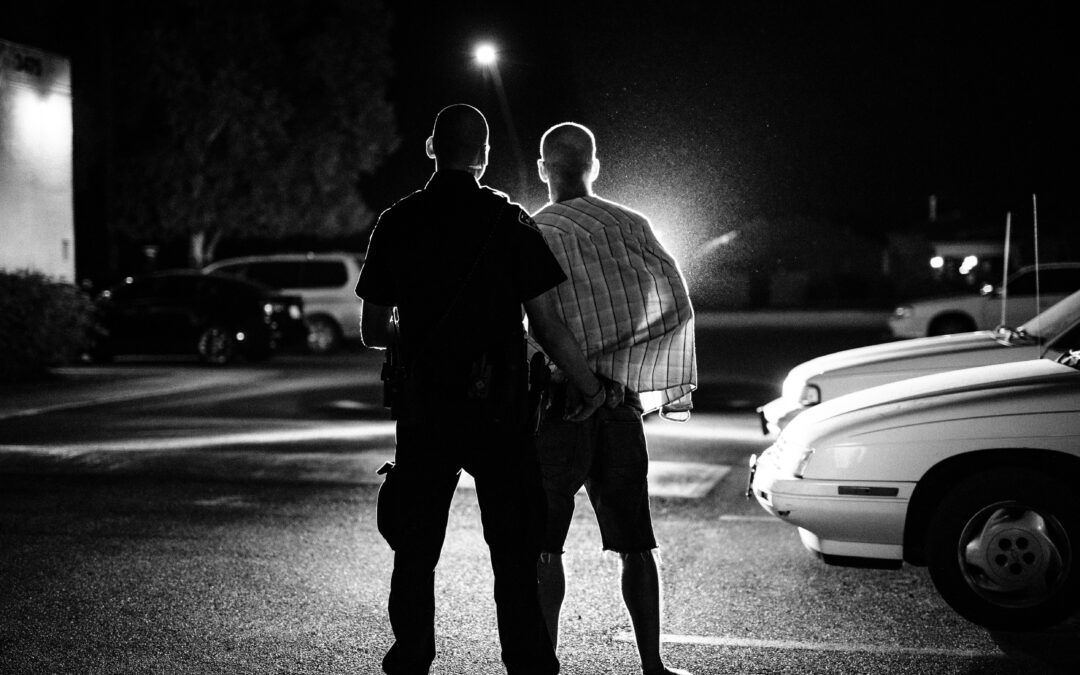
Use it or Lose it: The Essence of Officer Discretion
As they say, with great power comes great responsibility. Discretion is important but it works both ways—it’s not something you should flex, it’s something you should protect.

I AM THAT B*TCH! Erica Gaines of TacMobility
Through eye-opening surveys, TacMobility highlights the not-so-funny truths about depression and the dusty corners where wellness programs sit unused. Advocating for a mix of low-effort, big-impact wellness habits, TacMobility proves you can indeed teach old dogs new tricks and balance the badge with a bit of brain and body harmony.
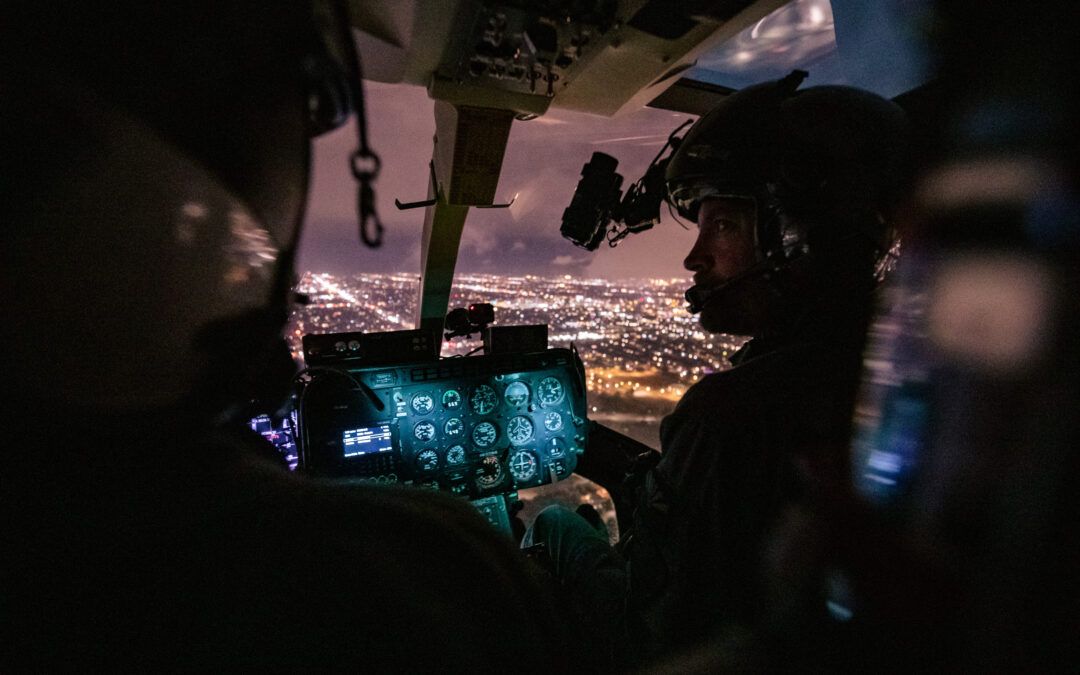
Say What You Mean, Mean What You Say
A core component of effective teamwork is that everyone has a voice, and everyone gets a vote. The Good Idea Fairy might save your life someday, so foster that within your teams. Let the crazy guy talk! This episode covers an important communication concept for teams called mitigated speech and some ways to manage it.

Get with the times: Pistol Optics are the way of the present
There are advantages and disadvantages to any piece of tech—electronics and batteries are always failure points, but in this day and age they have become status quo. And for good reason: It’s a more natural way to shoot, you don’t need to shift your focus away from your target and it simplifies the cognitive load required to line up your iron sights. Learn more on any podcast outlet in Episode 154.

Guns n’ Guitars: Go learn something new
Hobbies are an important outlet but often, the hardest part is getting started. The next thing you have to learn is how to break through the inevitable plateaus and challenges that come with learning new skills, so in episode 153 we talk about how to develop techniques without sucking the joy out of something that is supposed to be fun.
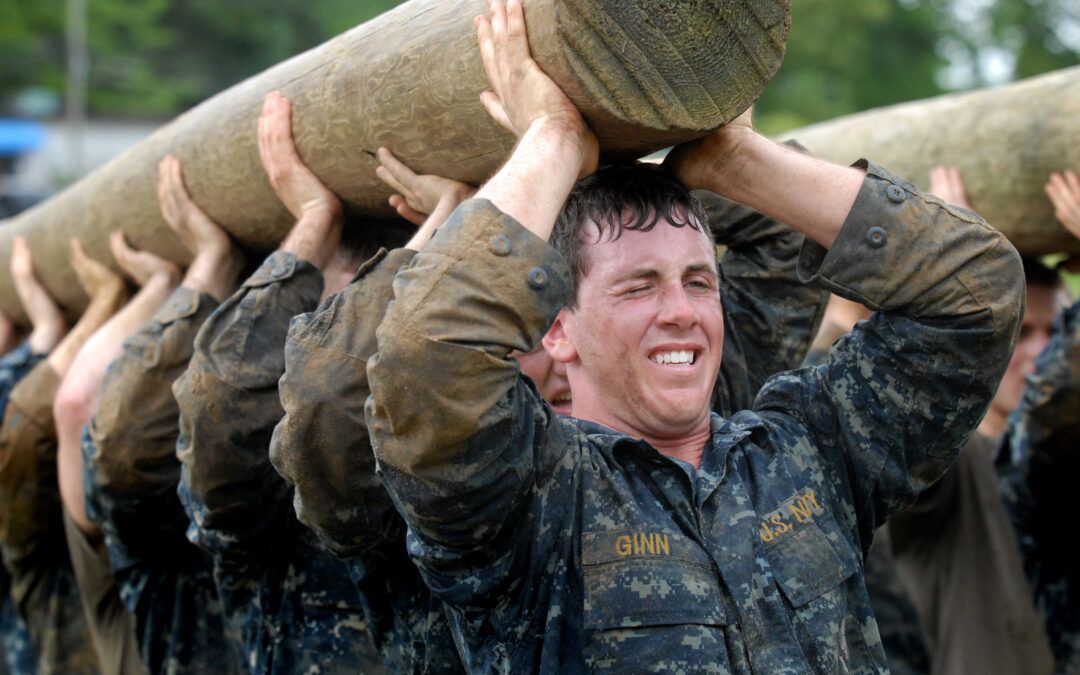
Do you trust me? Selflessness in Teamwork
It’s one thing that we all get along, but real trust isn’t something that can be assumed as a given–we’ve got to earn it. Building trust in teams has a lot to do with the often unwritten social contracts that help us get on the same page about our roles and responsibilities. We have to know that everyone is going to put the mission before their own personal interests to really build harmony and a combined effort that is greater than than the sum of its individual parts.
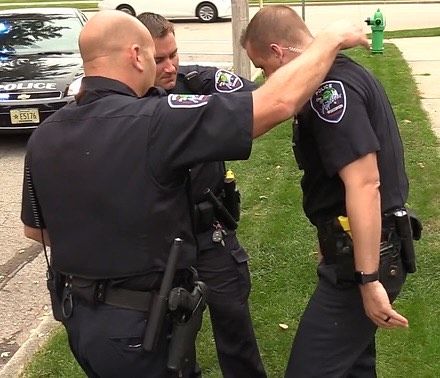
All’s Well…If We Make it Well
“Wellness” is a buzzword these days. Employers offer all manner of wellness aids from fitness to nutrition as part of benefits packages, but the truth is that nobody can make you care about your wellness if you don’t. In this episode, Mike explains why this is an important concept and the reasons you should care about it.
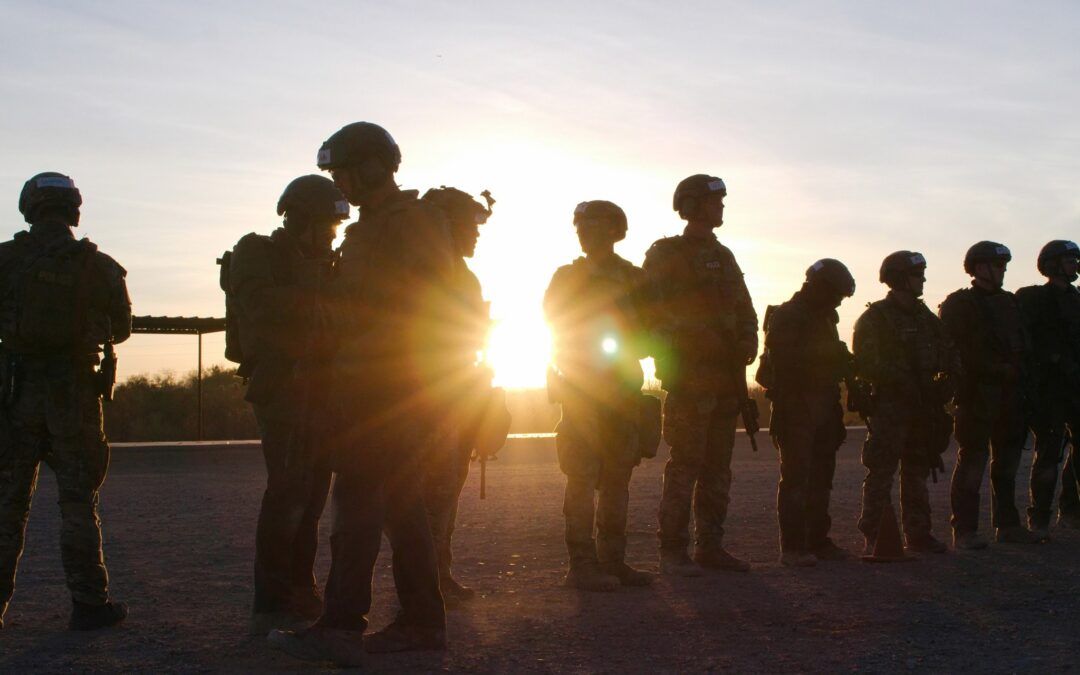
Team Selection: Real-Life Fantasy Draft
Having a good selection procedure is important for getting the right members on a team. Mike steals a page from advertising, only where an ad man conceptualizes the ideal customer, he’s looking for the ideal SWAT guy. The process could work for any team selection, though. Just think about what the ideal candidate would say, think, do, or feel, and look for those people. Listen to this episode for ideas on how to do just that.
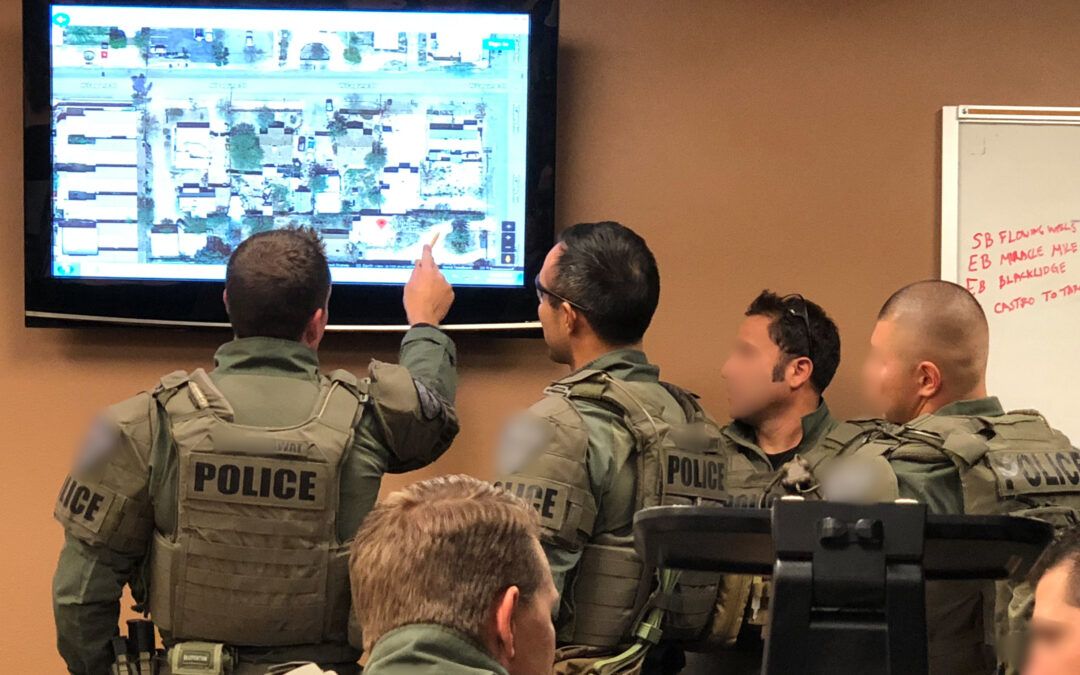
A Good Commander Knows What to Control
In this episode Mike and Jim talk about command and control, and teaching decision-making skills to team members. In this way, when everything hits the fan, the right decisions get made fast, and get made at the right level. There’s a reason for supervisors, commanders, and leaders, but it’s important to know when to let subordinates make decisions. Not every incident is The Big One, but nobody’s ready for The Big One if they haven’t been taught in the small ones.
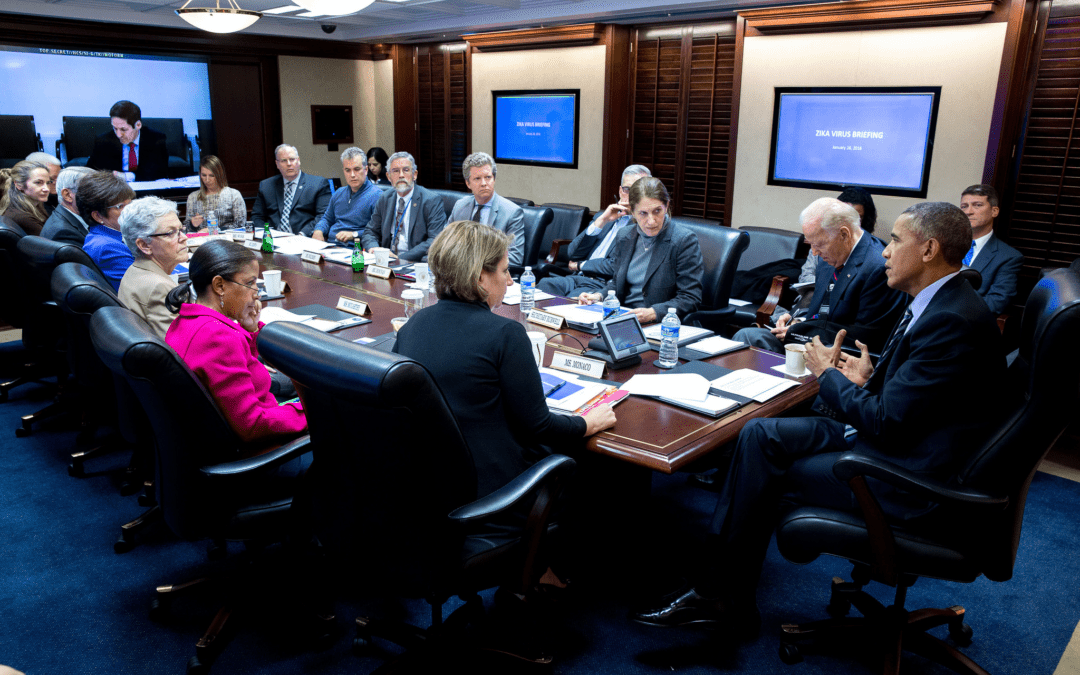
Strategy for Door Kickers
What’s the difference between strategy and tactics? Some definitions might help, but it’s also important to learn how to think critically about complex problems. Strategy is about the big picture. Learn more here.

Ordering Troops to their Deaths
EPISODE 162 Ordering Troops to their DeathsIs the American military prepared for the sacrifices...

Tactical ADHD: Managing Attention
EPISODE 161 Tactical ADHD: Managing AttentionSituational awareness demands focus and selective...

Lights in the Sky: Aliens or Drones? Jim Spills the Beans on UFOs
Some of you are too young to remember the tagline “The Truth is Out There,” but Mike and Jim went full X-Files on this one… If you don’t know what any of that means, you definitely need to listen to this episode!
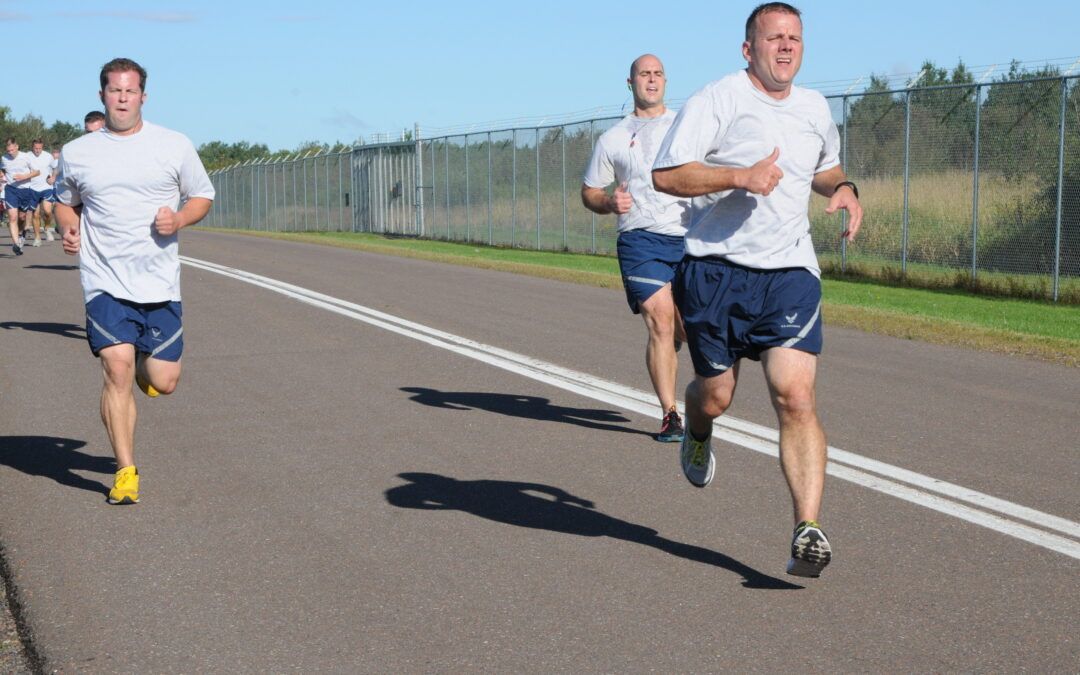
What’s up with the beards? Setting and Enforcing Standards
Green Berets have to work with a different rule book than the troops guarding nuclear weapons—and for good reasons. We explore the balance between strict adherence to rules and the often necessary flexibility to go off-script in tactical operations and your organization’s culture.
OODA LOOP
One of the popular models in tactical decision making is the OODA loop, which stands for Observe, Orient, Decide, Act. A lot of people tend to over-simplify this concept. They view it as a linear cycle, or a checklist–as if you move from one step to the other. It is a lot more complicated than that. Our individual orientation–which is a product of our identity, training, experience, and our moral compass–drives each step of the process. It controls not only what we see, but where we look. It controls not only what we decide, but provides us with an index of solutions. It describes a two-way interaction with our environment, and shows us that our adversaries have an Orientation, too.
Teamwork
If you look around any professional workplace, you will see several types of leaders–by that I don’t just mean differing leadership styles, although that is part of it–I am talking about the types of leaders in a group who make the difference between a “loose gaggle” and a high-performance team. This discussion is going to focus on the informal leaders–the unappointed low- or middle-man who makes a difference. A new or inexperienced member of the group might be the type of person who owns their mistakes, never makes excuses, and humbly accepts criticism. You might be asking yourself, doesn’t that just make them a good follower?
Burning Alive
If you read some of the news articles about the recent apartment fire in London, you’ll see quite a bit of commentary about the panic encountered by people trapped on the upper floors of the building. Similar to the attacks on 9/11, people can be seen in YouTube videos jumping out of windows from heights that would seemingly guarantee their death.
Intuition and Survival
WHY YOUR HANDS SO SWEATY? In his book about implicit survival signals The Gift of Fear, Gavin de...
Micromanaging-Please Don’t!
MICROMANAGING--PLEASE DON'T. Imagine I’m in the back of an ambulance with my Paramedic partner. As...
Teaching to the Lowest Common Denominator
ARE YOU TEACHING TO THE LOWEST COMMON DENOMINATOR? A follower asked us a question on Facebook the...
Glock and AR-15 Cleaning
GLOCK AND AR-15 CLEANING One of the “benefits” of working on a SWAT team is a whole bunch time...
Get your affairs in order
GET YOUR AFFAIRS IN ORDER I don’t know whether you will get in a gunfight. I do know, for a fact,...
